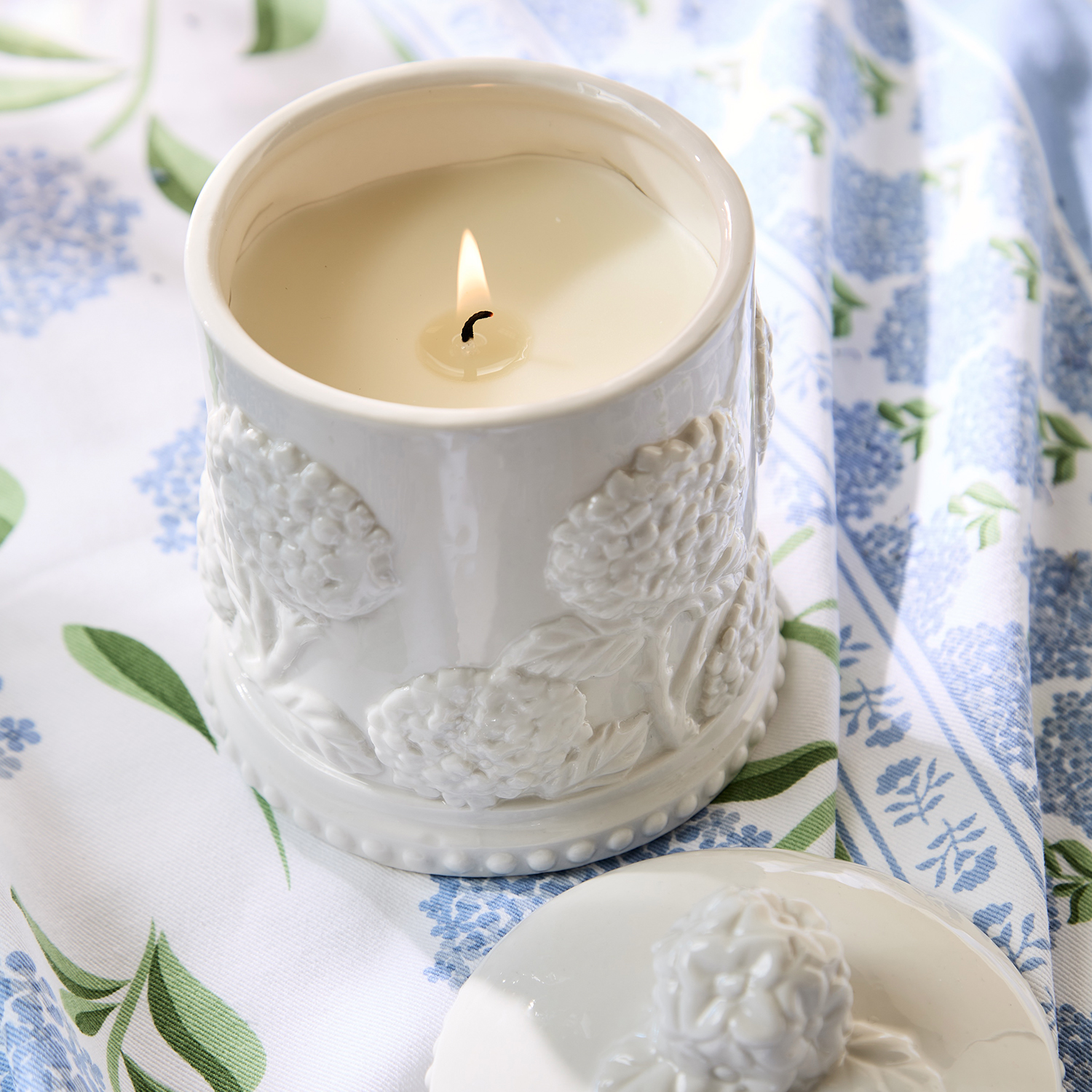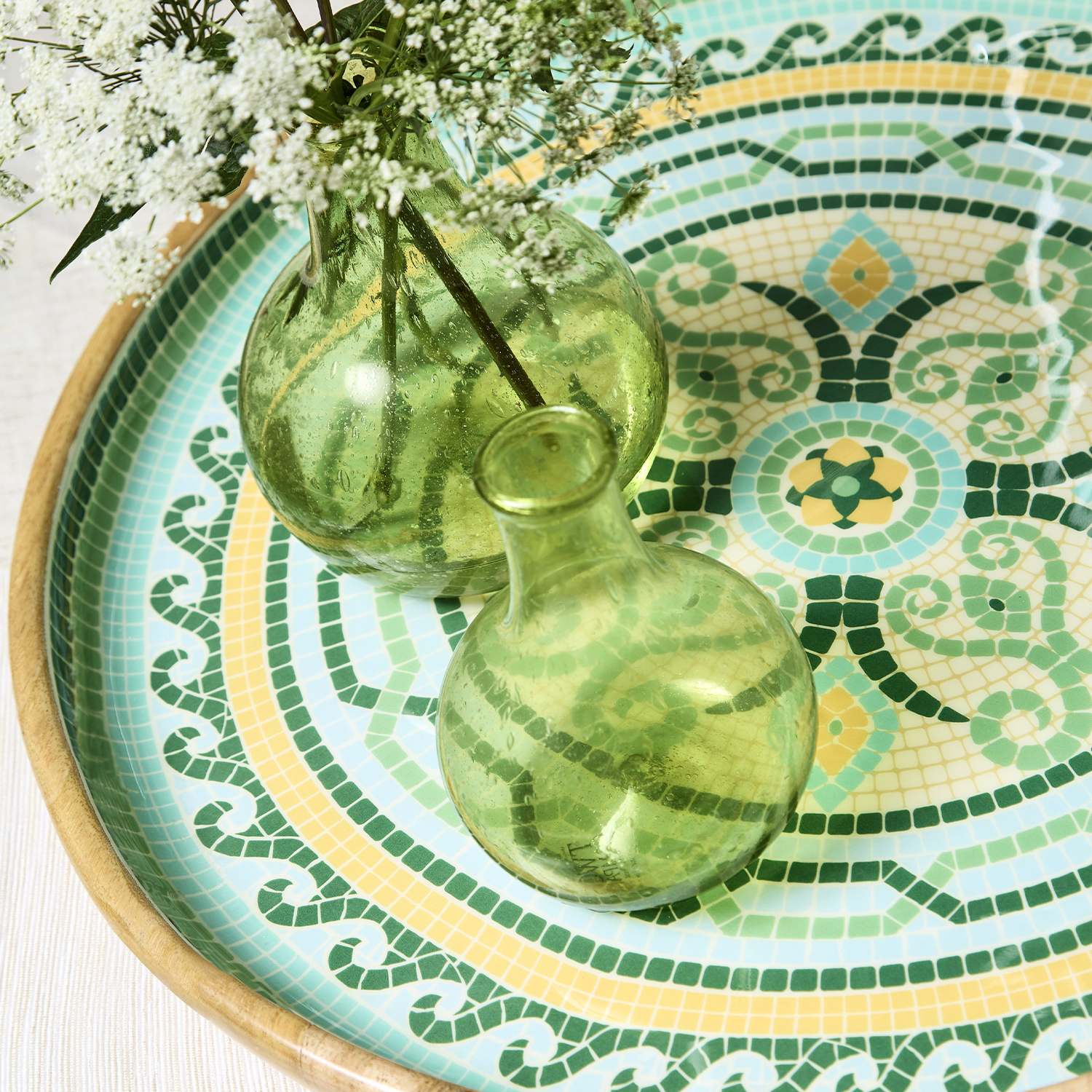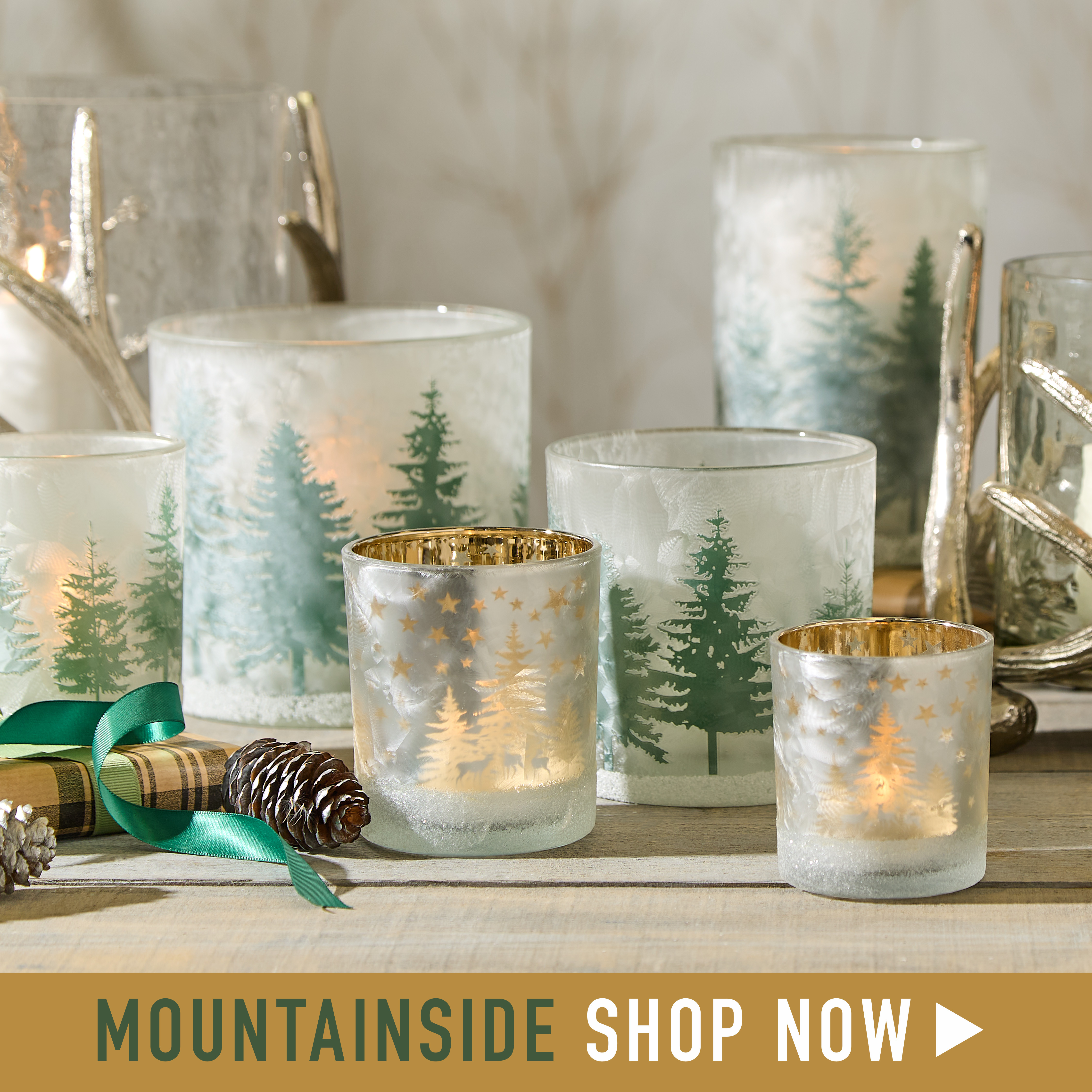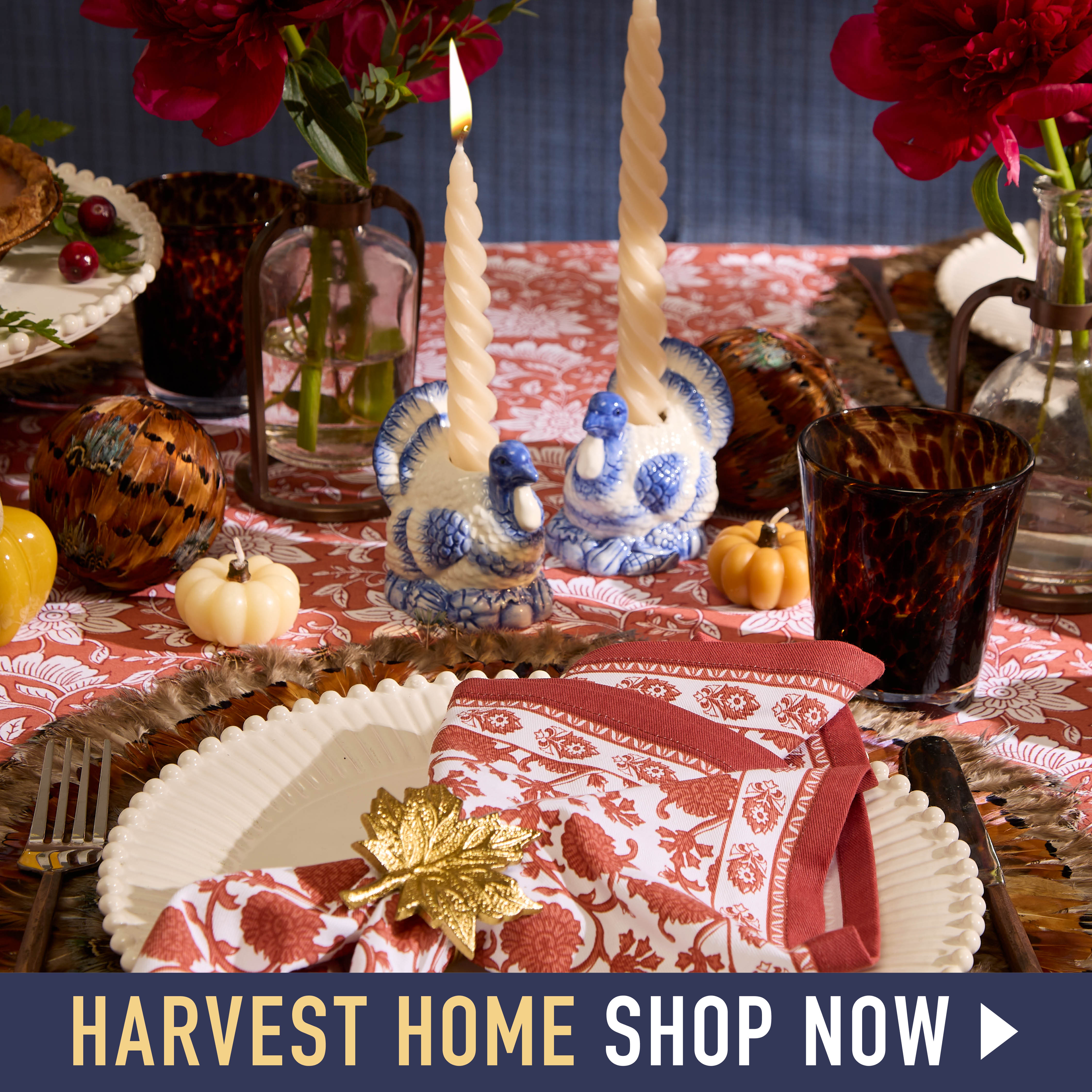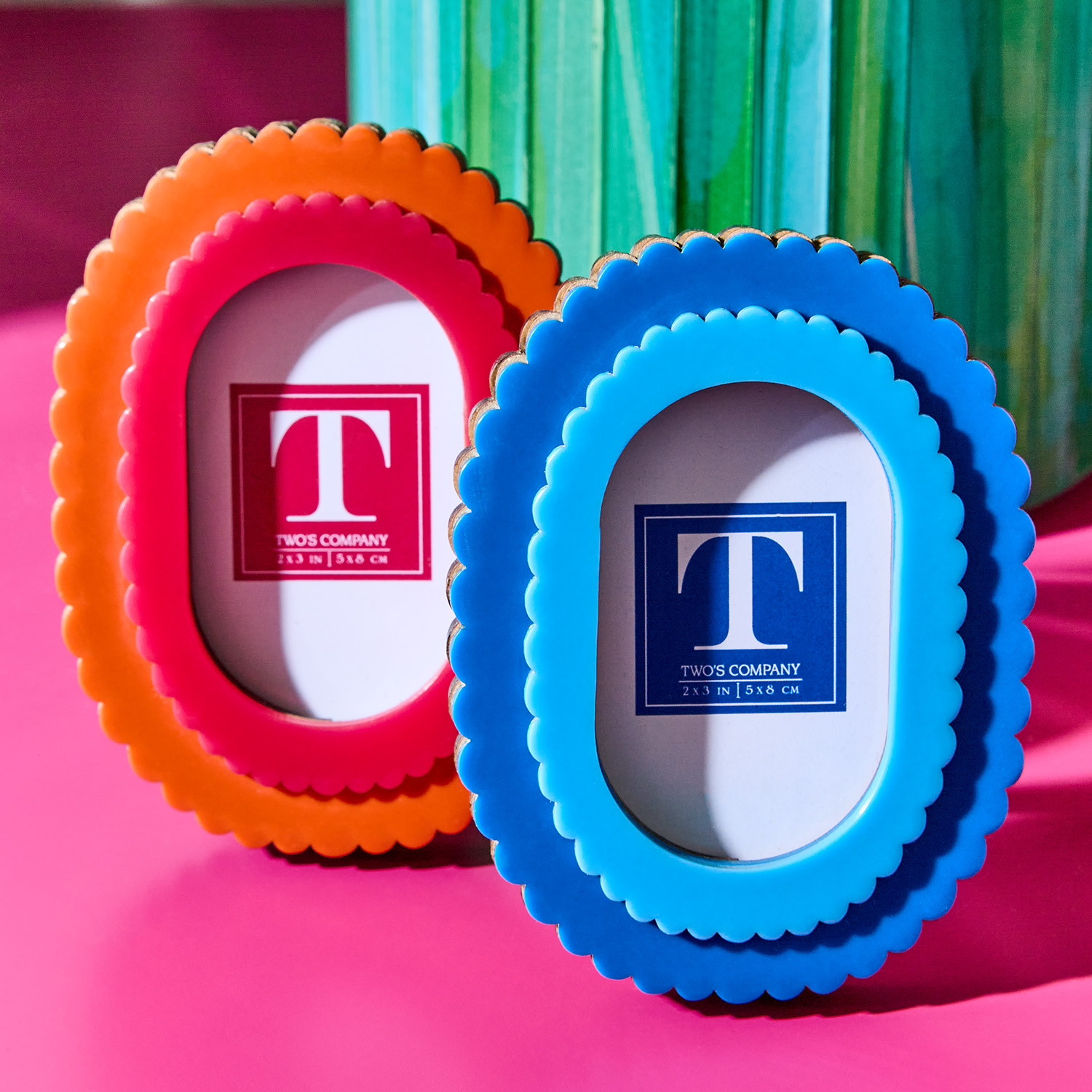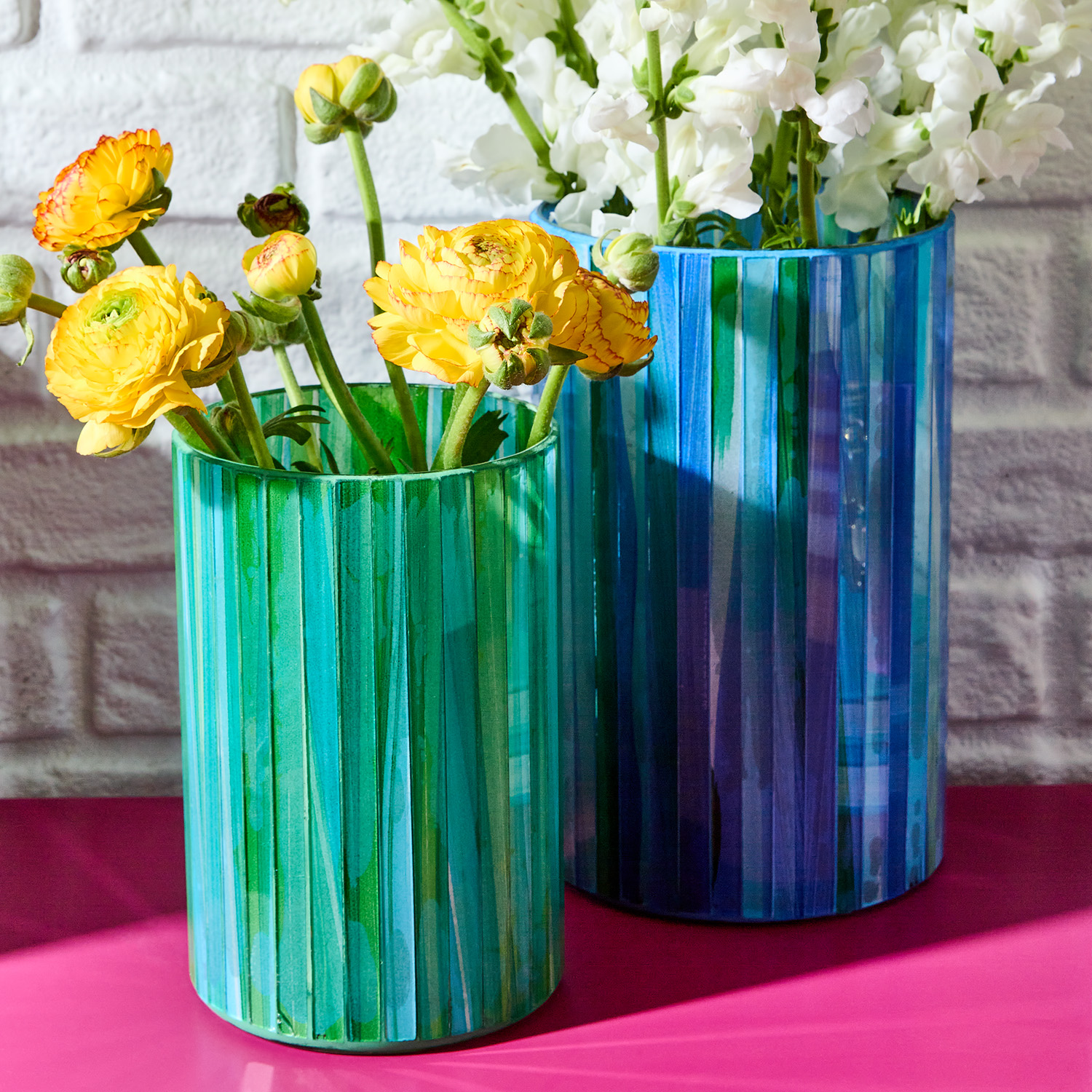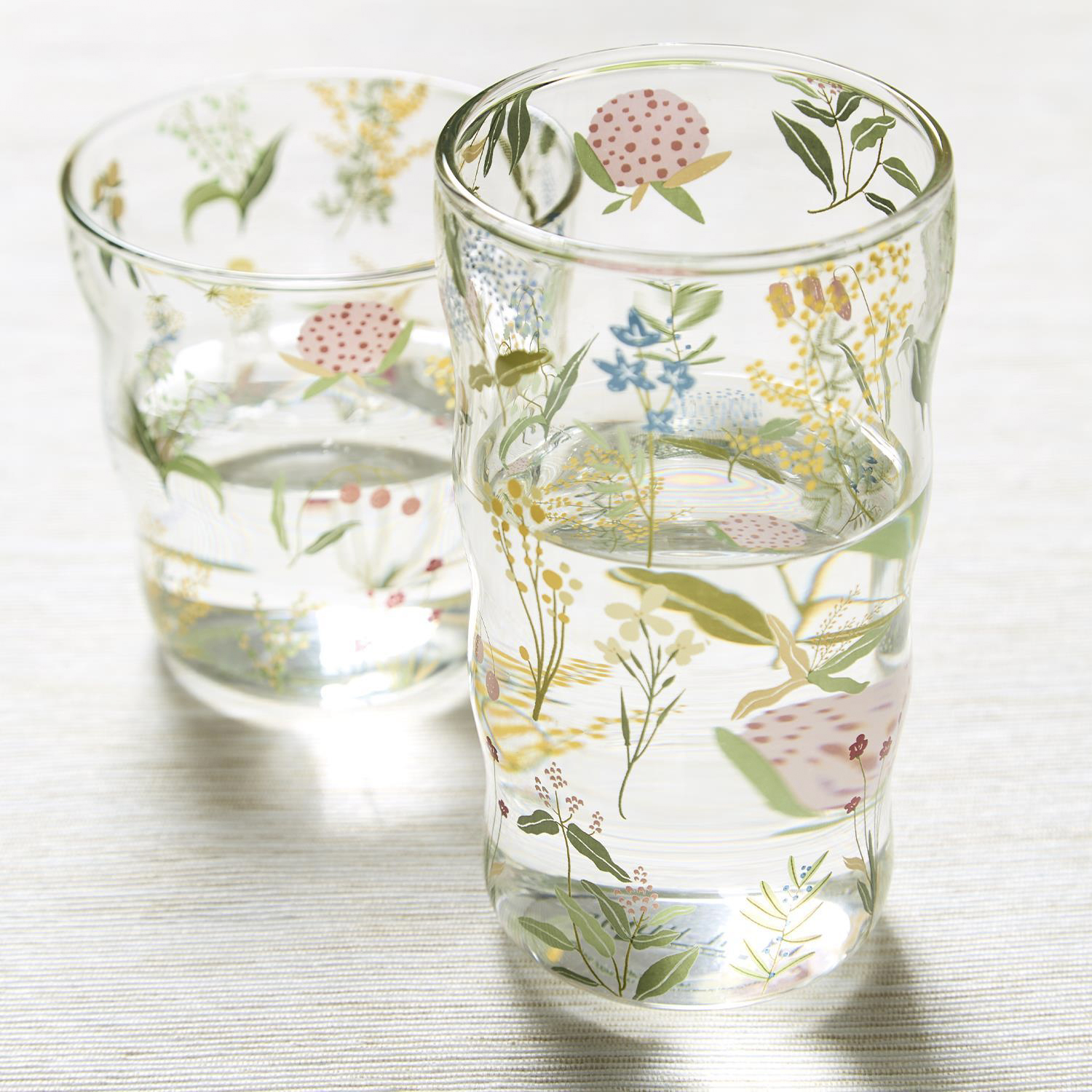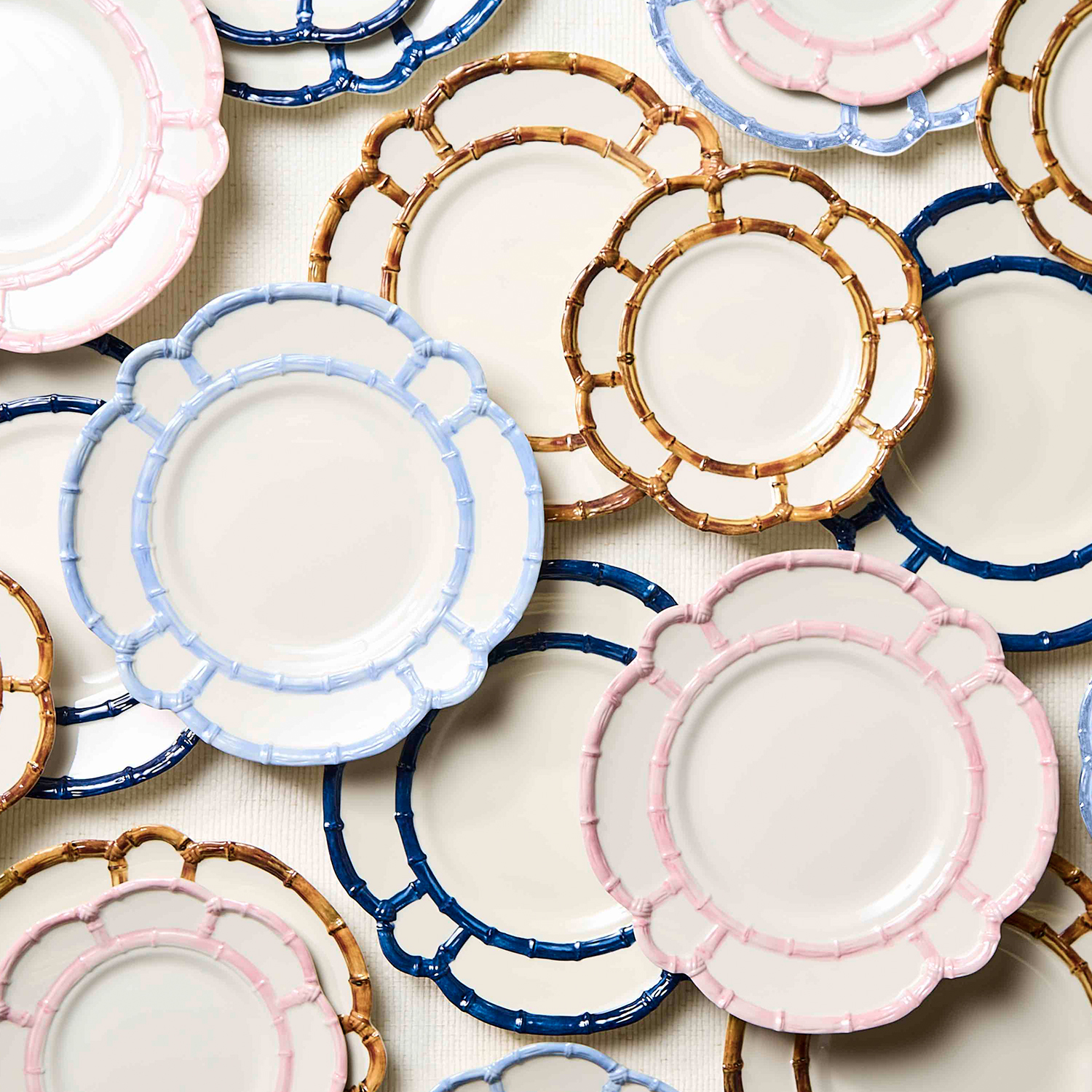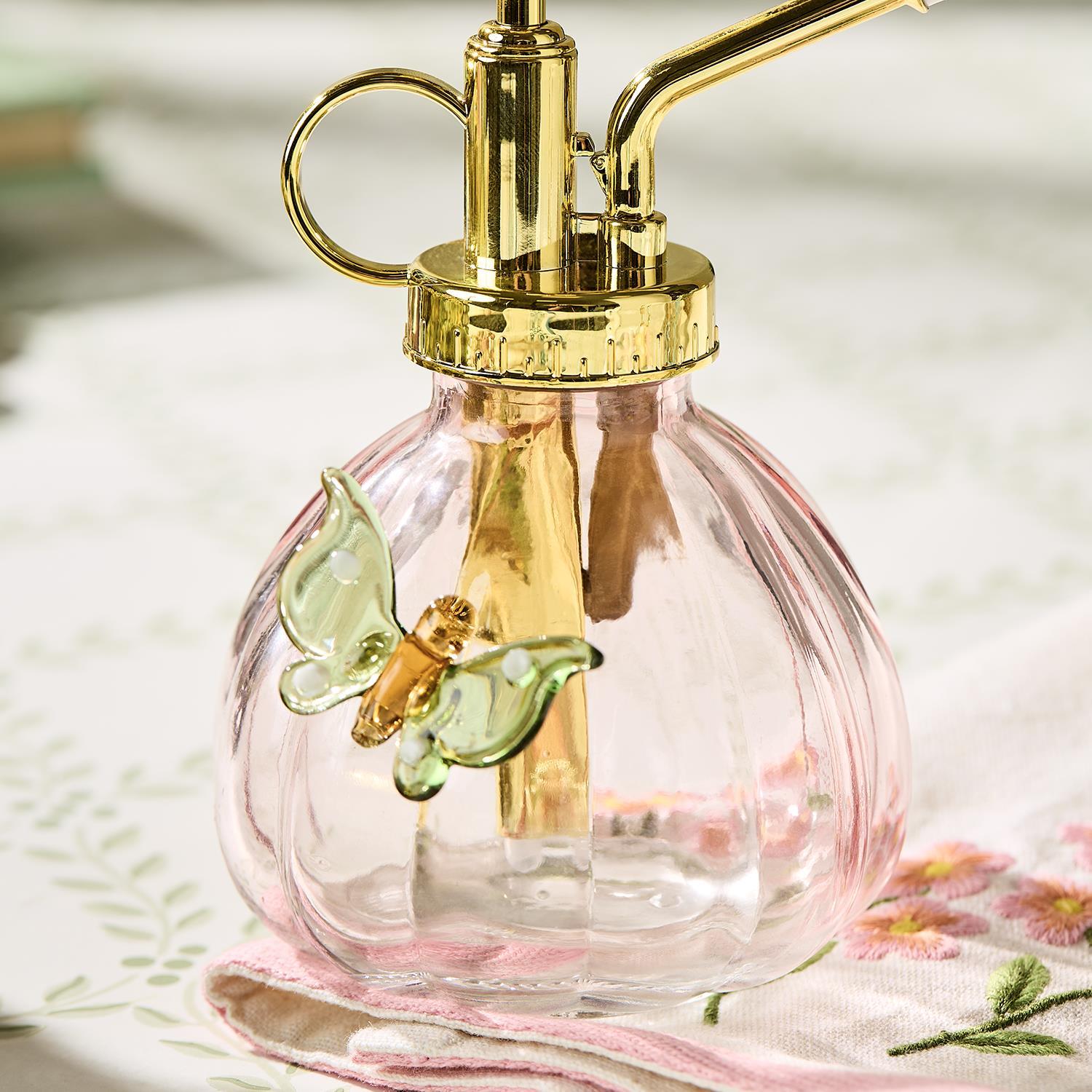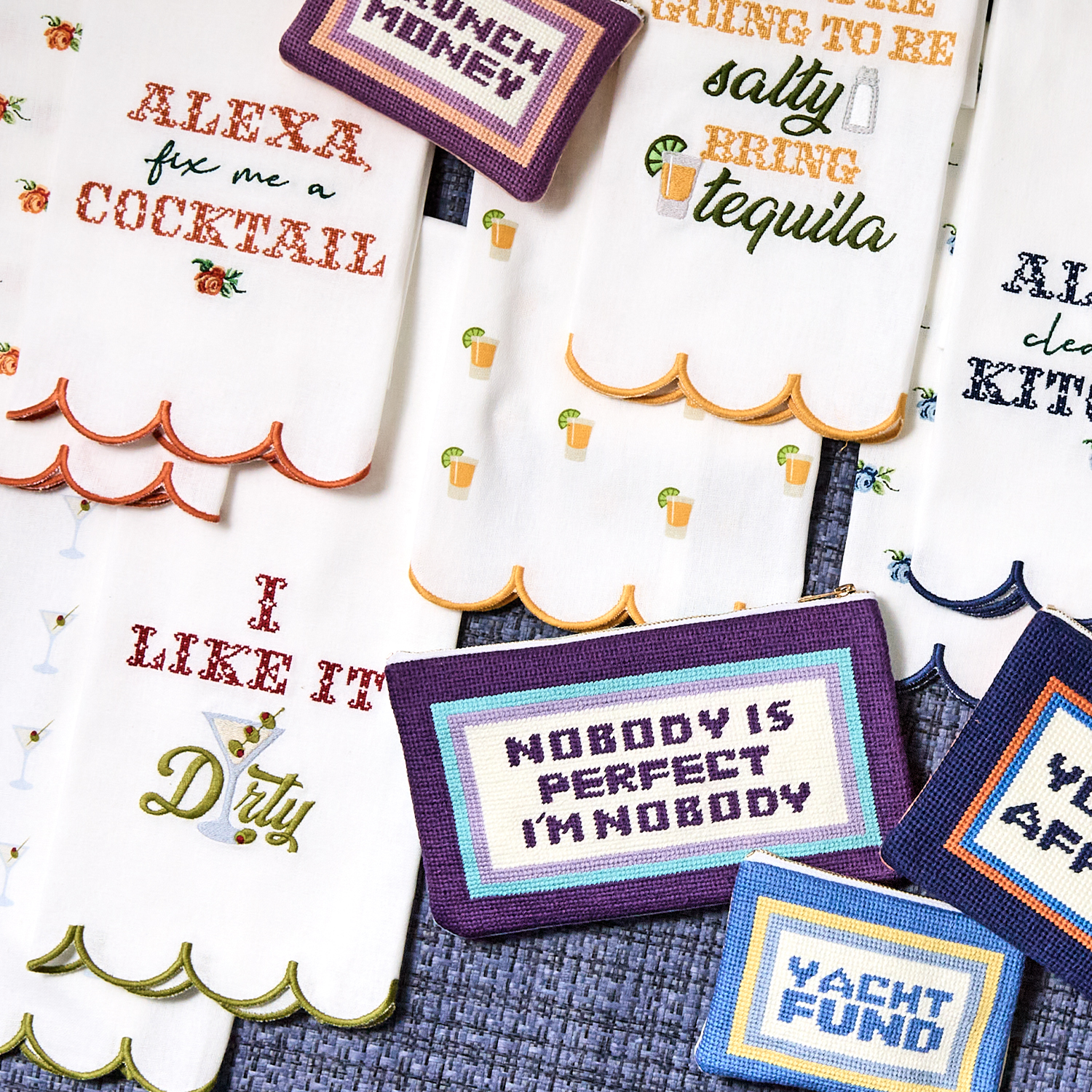
ONE HUNDRED STARS: Kimonos, Robes, and More
Designed in the United Kingdom
The more eccentric and wittier the better. At One Hundred Stars, we love the feeling of seeing an initial idea finally come to life in one of our pieces. Each design in our collections has its own personality, just like the people who love to wear them.
We have grown over the last eight years and produce two collections a year. At One Hundred Stars we are not fashion led, but we take inspiration from classical and historical designs to produce stunning and timeless pieces. In fact, we still have some products on our website that featured in our first ever collection!
At each stage of our journey, One Hundred Stars have tried to make the best ethical choices available. We source and manufacturer in India using a small family business that we are proud to say are now good friends to us. We also supply a fantastic range of independent shops who share our values and belief in sustainable manufacturing.
About the Fabrics
All of our products are made from sustainable fabrics made using premium fibres such as Bemberg™ Cupro and LENZING™ Modal. Cupro is a regenerated cellulose fibre which is produced using a closed-loop system. It is made from cotton lint, a waste product produced by the manufacturing of cotton. Lenzing modal is made from fast-growing beechwood trees which are harvested from sustainable sources, including plantations and natural forests in Lenzing, Austria and it is considered far more sustainable than alternative fabrics made from bamboo for example. All of the viscose we use comes from sustainably managed plantations. The cotton we use is all 100% Organic too, fully certified by The OCS (Organic Cotton Standard) and GOTS (Global Organic Textile Standard), which is the worlds leading standard. GOTS don't only certify the organic nature of the entire textile supply chain, they also certify the social and ecological criteria.
As technology advances and new sustainable fibres become available to the open market, we are constantly trying to educate ourselves on the practices used to produce them and explore all options when manufacturing our products. If you have any suggestions on how we can make our practices more sustainable, we always welcome them and would love to hear from you.
